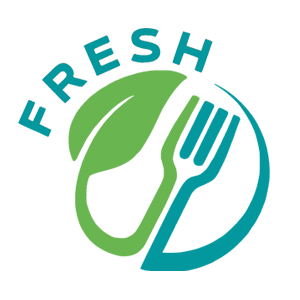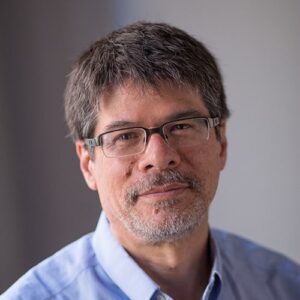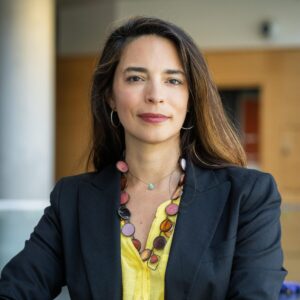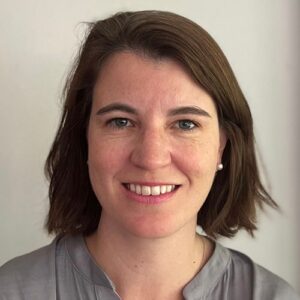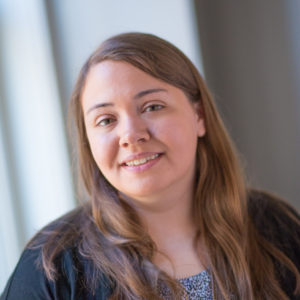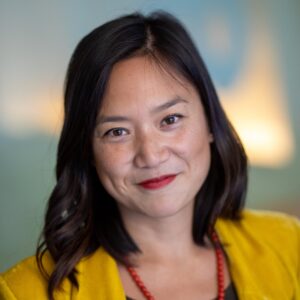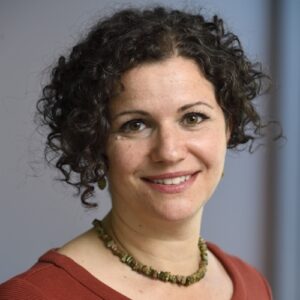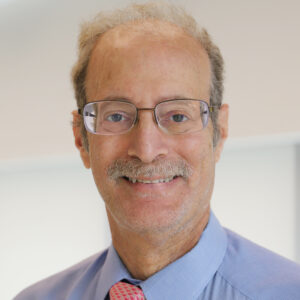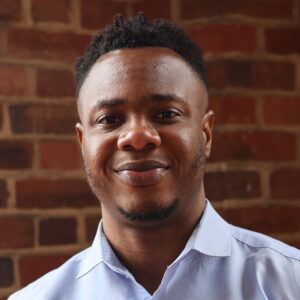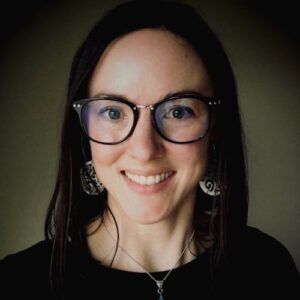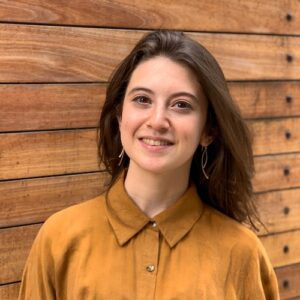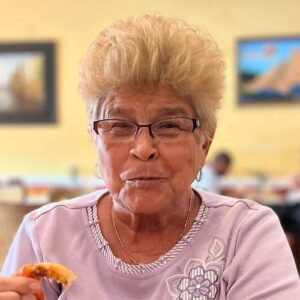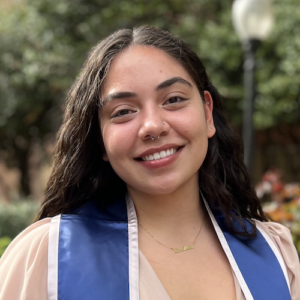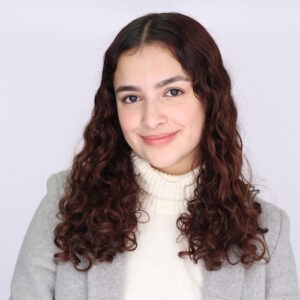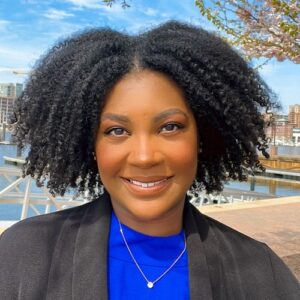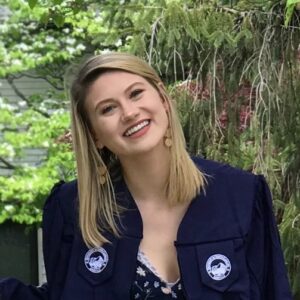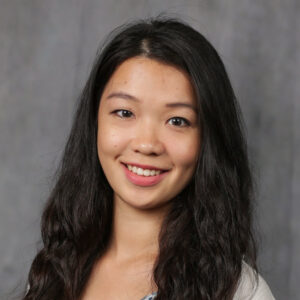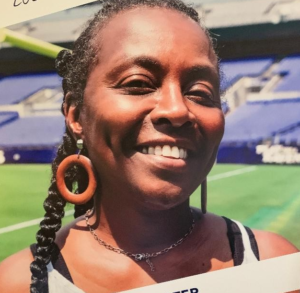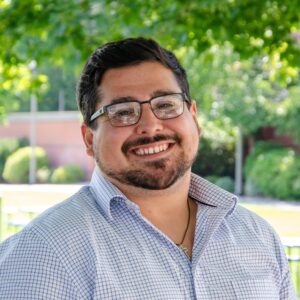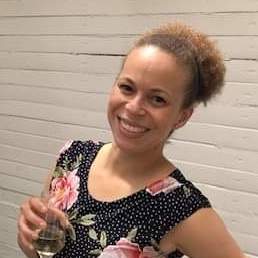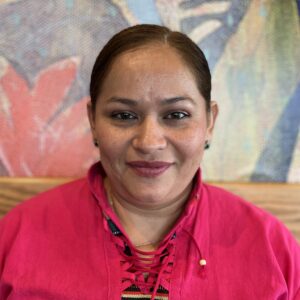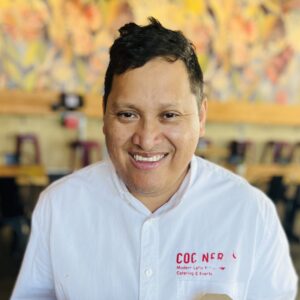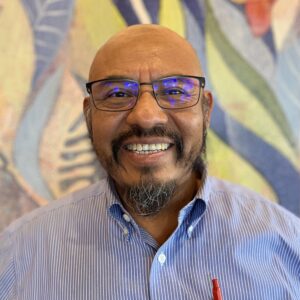Focus on Restaurants Engagement to Strengthen Health (FRESH)
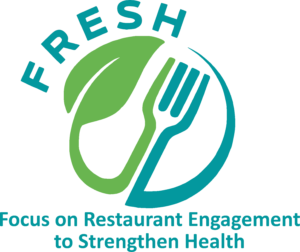
What is the FRESH Study?
FRESH stands for Focus on Restaurant Engagement to Strengthen Health. It is a study funded by the National Institutes of Health to improve diets of customers who get food at independently owned restaurants. FRESH priority areas are predominantly low-income urban neighborhoods in Baltimore with predominantly African American residents and Latine residents in the Washington DC metropolitan area.
FRESH is a five-year project that is funded by the National Institutes of Health through 2027.
What are the Goals of FRESH?
Our primary objective is to improve access to healthier food and beverage options. This involves:
How Will FRESH Measure Impact?
Our focus is assessing improved access to healthier foods in independently owned restaurants, including sales. We will also look at how the project has affected the people who eat at these restaurants regularly, as well as the staff and restaurant owners.
How will FRESH Stay Grounded in Community Insights?
Over the next five years, FRESH will collaborate with 24 restaurants to increase access to, and promotion of, healthful foods. We will engage with individuals and organizations in Metro DC and Baltimore to maximize the impact of our project. Our aim is to ensure sustainability and broaden the acceptance of our efforts with communities. To facilitate this, we created Community Advisory Boards (CABs) that include:
- Residents and neighborhood association members of eligible study site neighborhoods
- Owners of restaurants in eligible neighborhoods
- Non-Governmental Organizations working in health and well-being
- Representatives at the city and county levels
How Does FRESH Aim to Inform Practice and Policy Going Forward?
The FRESH study team will gather information to help create a simulation model. This model is like a map that shows how different parts of a system connect and affect each other. The study team will create this model which can be used in other urban settings to help increase healthy menu options in restaurants.
FRESH will start by setting up the model with basic information. Then, more details will be added as we learn more about how FRESH is making an impact. Eventually, this model will be shared online so that other urban areas can benefit from it.
View FRESH Publications and Media Mentions
Follow FRESH on Instagram
Please visit the FRESH Instagram page to learn more about what is happening in restaurants and the communities where FRESH works!
Who is the FRESH Team?
This is a study led by the Healthy Food Systems Lab at Johns Hopkins University and the Diet Disparities Lab at George Washington University. We care about working with community residents and other representatives to make our neighborhoods healthier through improved food systems. We partner with corner stores, dollar stores, grocery stores, carryout restaurants, food pantries, and recreation centers to help people access more nutritious food choices.
Research Assistants
Who are the FRESH Community Advisory Boards?
- FRESH aims to stay connected to community insights through its Community Advisory Boards (CABs).
- FRESH has two CABs – one representing Baltimore and another representing the DC metropolitan area.
CAB Roles and Responsibilities
- Provide support for interpretation & dissemination of results to communities and partnering organizations
- Participate in group model-building activities
- Suggest additional CAB members that should be part of these conversation
- Provide feedback on recruitment strategies, data collection tools, intervention strategies, and any implementation challenges.
- Engage with individuals and organizations to maximize the impact of our project.
-
Support sustainability and broaden the acceptance of our efforts with communities.
CAB Members Include
- Residents and neighborhood association members of eligible study site neighborhoods
- Owners of restaurants in eligible neighborhoods
- Non-Governmental Organizations working in health and well-being
- Representatives at the city and county levels
Meet our Baltimore CAB Members
Meet our DC Metropolitan Area CAB Members
If you would like the data collection forms please email Joel Gittelsohn.

